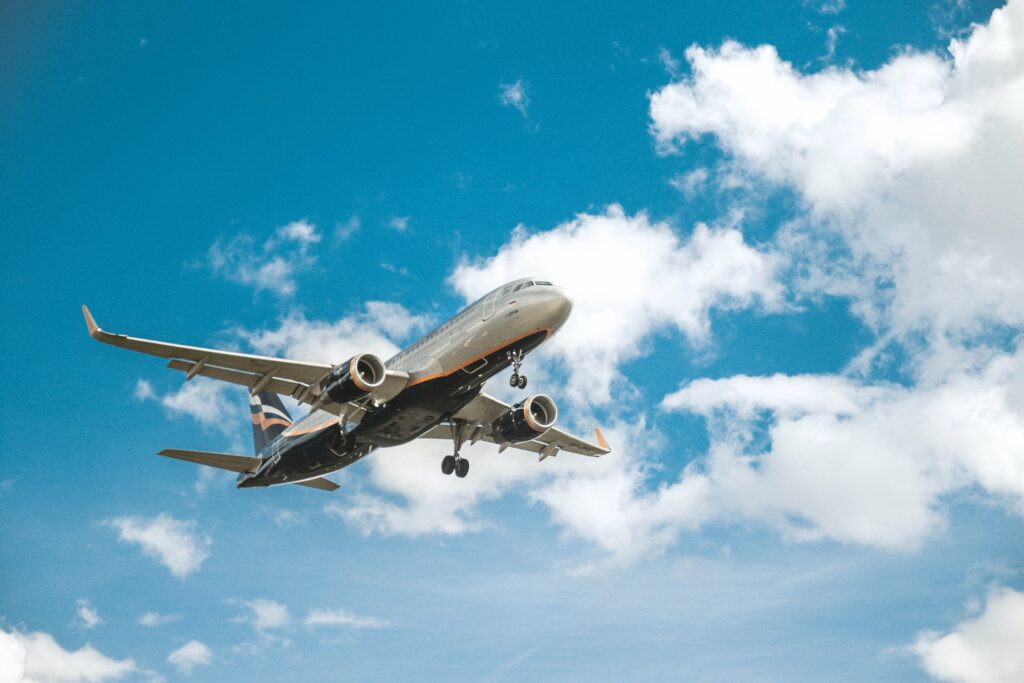Hydration for Travelers
The Hidden Dangers of Airplane Dehydration: Tips for a Healthier Flight
The Hidden Dangers of Airplane Dehydration: Tips for a Healthier Flight
Introduction
Air travel has become an integral part of our lives, allowing us to explore the world with ease and comfort. However, what many travelers may not realize is that flying can lead to dehydration, which can have a significant impact on our health and well-being. In this article, we will explore the hidden dangers of airplane dehydration and provide useful tips for a healthier flight experience.
The Dangers of Airplane Dehydration
When we fly, we are exposed to extremely dry cabin air due to the low humidity levels found at high altitudes. The humidity in airplane cabins can drop as low as 10%, compared to the average home humidity level of 30-50%. This lack of moisture in the air can lead to several health risks:
1. Dry Skin
The dry cabin air can quickly strip moisture from our skin, leaving it dry, itchy, and uncomfortable. This can be especially problematic for individuals with preexisting skin conditions like eczema or psoriasis.
2. Respiratory Issues
The lack of humidity can also affect our respiratory system. The dry air can cause nasal passages to become dry, leading to congestion, dry throat, and an increased risk of respiratory infections. It can further worsen allergies and asthma symptoms for those who already suffer from these conditions.
3. Fatigue and Jet Lag
Dehydration can worsen the symptoms of jet lag and contribute to fatigue during and after the flight. Lack of proper hydration can disrupt our sleep patterns, making it harder to adjust to a new time zone and increasing feelings of exhaustion.
Tips for a Healthier Flight
Fortunately, there are various measures you can take to combat the effects of airplane dehydration and ensure a healthier flight:
1. Stay Hydrated
The most important step is to stay hydrated before, during, and after your flight. Drink plenty of water and avoid alcoholic, caffeinated, or sugary beverages as they can further contribute to dehydration.
2. Use a Humidifier
Consider investing in a portable personal humidifier to add moisture to the air around you. These devices can be especially beneficial during long-haul flights.
3. Moisturize Your Skin
To prevent dry and itchy skin, regularly apply a moisturizer throughout the flight. Opt for a hydrating cream or lotion with ingredients like hyaluronic acid or ceramides.
4. Avoid Excessive Alcohol and Caffeine
Alcoholic and caffeinated beverages can further dehydrate your body, so try to minimize their consumption during the flight. Instead, stick to water or herbal tea.
5. Move and Stretch
Prolonged sitting in a cramped airplane seat can cause fluid retention and negatively affect circulation. Take regular breaks to walk around the cabin and perform simple stretches to keep your blood flowing.
6. Use Eye Drops and Nasal Spray
To alleviate dry eyes and nasal passages, consider using eye drops and saline nasal sprays throughout the flight as needed.
7. Eat Water-Rich Foods
Snack on hydrating foods like fruits and vegetables to replenish lost fluids. Some excellent choices include watermelon, cucumbers, oranges, and grapes.
8. Dress Comfortably
Wear loose, breathable clothing to prevent excessive sweating and discomfort. Opt for natural fabrics like cotton or linen.
FAQs
Q: How much water should I drink during a flight?
A: It is recommended to drink at least 8 ounces (240 milliliters) of water for every hour you are in the air.
Q: Can I bring my own water bottle on the plane?
A: Yes, most airlines allow passengers to bring their own empty water bottles through security, which can then be filled at water dispensers or requested to be filled by cabin crew during the flight.
Q: Can I rely on the beverages served during the flight to stay hydrated?
A: While you can have beverages provided by the airline, be aware that their selection might include sugary or caffeinated options that can further contribute to dehydration. Therefore, it is still essential to drink plenty of water.
Q: Are there any specific foods I should avoid during the flight?
A: It is recommended to avoid salty foods during the flight, as they can increase fluid retention and make dehydration worse.
Q: Is dehydration more severe during long-haul flights?
A: Yes, dehydration is typically more pronounced during long-haul flights due to the extended periods spent in dry cabin air. Hence, it becomes even more crucial to be proactive in combating dehydration.
Conclusion
Being aware of the hidden dangers of airplane dehydration is crucial for maintaining our health and well-being during flights. By following the provided tips, you can ensure a healthier flight experience and minimize the negative effects of low humidity levels. Stay hydrated, take care of your skin, move around, and choose your beverages and food wisely. Remember, a little extra effort towards maintaining your hydration levels can go a long way in making your flight more comfortable and enjoyable.

